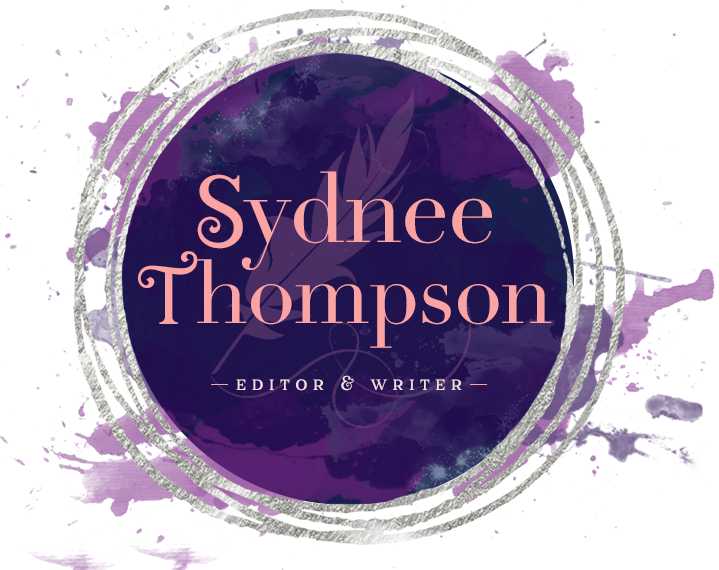My first response upon reading the first few chapters of this novel was quite surprising: “This is nothing like I would expect a critically acclaimed New York Times bestseller to be.”
That’s not to say I think Neil Gaiman is an awful writer, though – he isn’t. His frank, no-nonsense style works considering the gritty story and characters he uses. Flowery or purple prose wouldn’t work here, and yet his use of similes (“But the words were coming out of him like the water spraying from a broken hydrant in summer” “Can’t you feel the joy in your own veins, rising like the sap in the springtime?”) offer a fresh reprieve from the standard “Her hair was a coppery red, and her clothes were expensive and very black” sentence format. What’s so surprising to me, however, is that he got published using a style that most critics I’ve heard from frown upon. There’s a lot of telling and very little showing, and he sometimes switches verb tense between scenes. Both are habits, I’ve been told over and over, that are no-no’s if you want people to take your work seriously. Since this is the first work of Gaiman’s I’ve read, I honestly can’t say if this is a style he applied for only this book, or if this is his normal style. Maybe he gets to break the rules only now because he’s already been established — I don’t know, but I’m very interested in finding out.
One more thing I feel obligated to mention – he uses run-on sentences in the most peculiar and annoying way. I guess no one told him that commas do not equal periods, semi-colons, or dashes in usage (“That night he had dreamed of an orchard under the moonlight, of skeletal white trees, their branches ending in bony hands, their roots going deep down into the graves”). Sigh.
Let’s move on to the actual plot. Basically, the gods of yesteryear are living in America struggling to get by because they’ve been replaced by the modern-day gods of television, shopping malls, credit cards, etc. Although I don’t consider myself a spiritual person, religion and mythology have always been subjects of great interest to me, so this book’s synopsis had me intrigued from the start. Shadow is pegged as the dude with the shady past from the start, but his love for his wife and earnest remorse for his criminal past make me empathize with him for the beginning, which is a good thing, considering he’s the main character. I won’t give out any spoilers, but enough happens in the first 100 pages to keep me constantly interested and speculating.
After that, though, the pacing slows to a sluggish sputter. Shadow is seen eating, sleeping, and “pissing” in detail way too much at this point. By the 294 page mark (the total word count is 588), I still haven’t come across any intrigue or action to keep me anticipating. Sadly, I’m bored and unimpressed, and have been for about 100 pages now.
On a more positive note, this is probably the best line I’ve read in a novel in a long time: (to offer some background, Shadow is lost in a forest when he encounters a raven that acts as a sentient companion to his current employer):
“Hey,” said Shadow. “Huginn or Muninn, or whoever you are.”
The bird turned, head tipped, suspiciously, on one side, and it stared at him with bright eyes.
“Say ‘Nevermore’,” said Shadow.
“Fuck you,” said the raven. It said nothing else as they went though the woodland together.
Lulz. Unfortunately this chuckle-worthy excerpt was not enough to save the novel. Great idea, poor execution. Two out of five stars.




2 Responses to Review: American Gods by Neil Gaiman